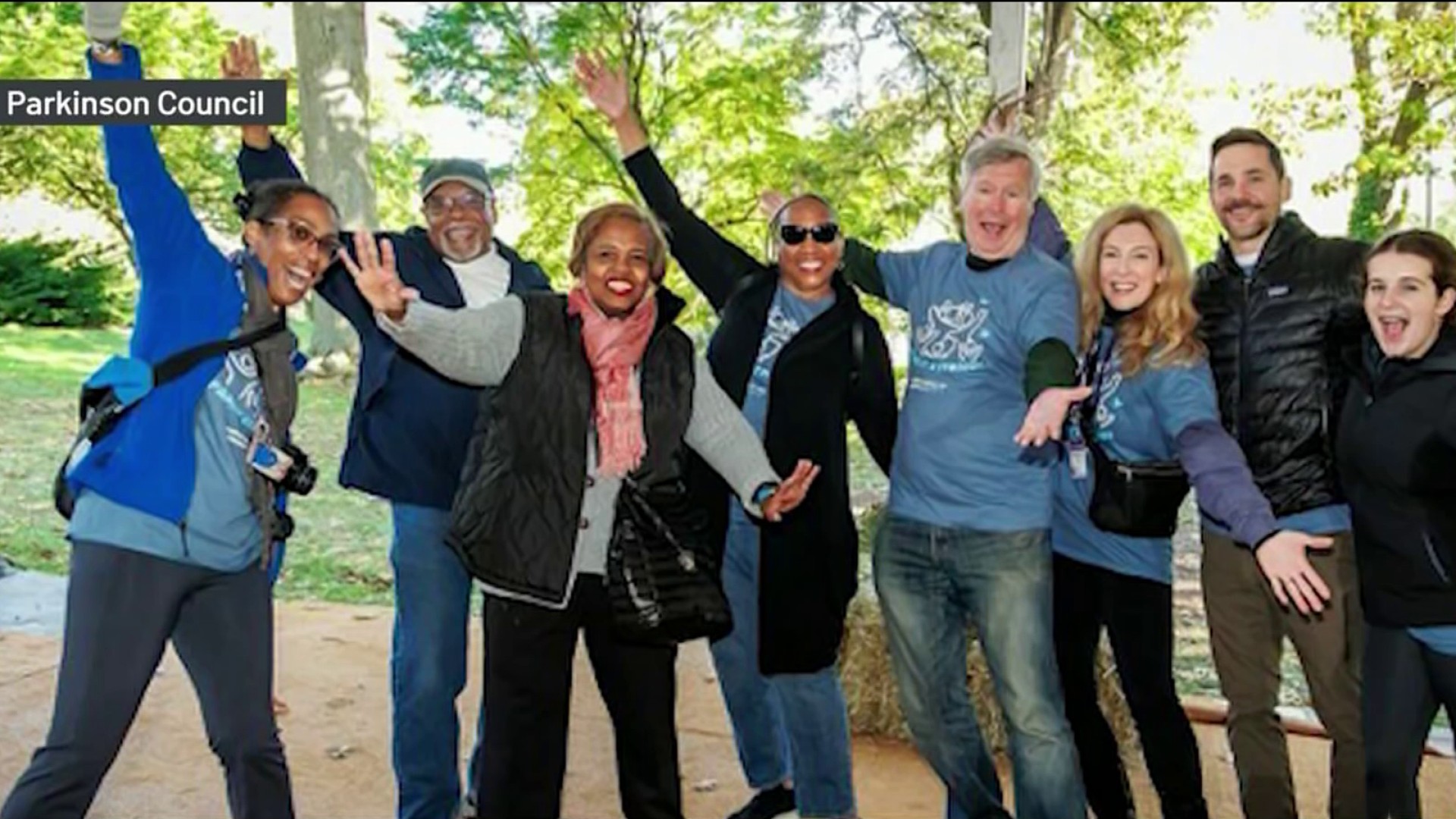What exactly are the radiation risks for people who've been in Japan and people right here in the Philadelphia area? We went to Dr. Andrew Maidment, Chief of Physics and Radiology at Penn Medicine for the answers.
NBC Philadelphia: What should someone do if they have just returned from Japan?
Dr. Andrew Maidment: Well, I think the answer depends on where they were in Japan. If they were South of Tokyo, really I don't thing that they need to do anything. If they've been North of Tokyo, then there's a chance that they had contamination from a small amount of radiation. I mean, there is some fallout from this event in Japan, but it would be in the form, basically of dust. And so what you would consider doing is washing your clothes, washing the soles of your shoes. I think that's what they're detecting in airports, is just a small amount of residual dust that would be on your clothing.
NBC Philadelphia: On the plane, could they spread that residual dust to others?
Dr. Maidment: Well, I mean, in some sense, yes, if you have dust on you, you could, you know, touch something, and someone else would touch it. But the fact is, the amount of radiation that you'd be detecting would be so small, that I think the chances are just almost nil. I wouldn't be worried about it. I wouldn't be afraid of flying or anything like that. I don't think contamination is an issue.
NBC Philadelphia: For those that are there or are coming back, would you recommend the Potassium Iodide tablets? Is that a precaution that would be taken?
Health
Dr. Maidment: Potassium Iodide works before you're exposed or during the exposure – maybe six hours after exposure. If you have been exposed to any sort of radiation, any radioactive iodine, it won't help a day or two afterwards. So, I would say absolutely not. There's no need to take that.



